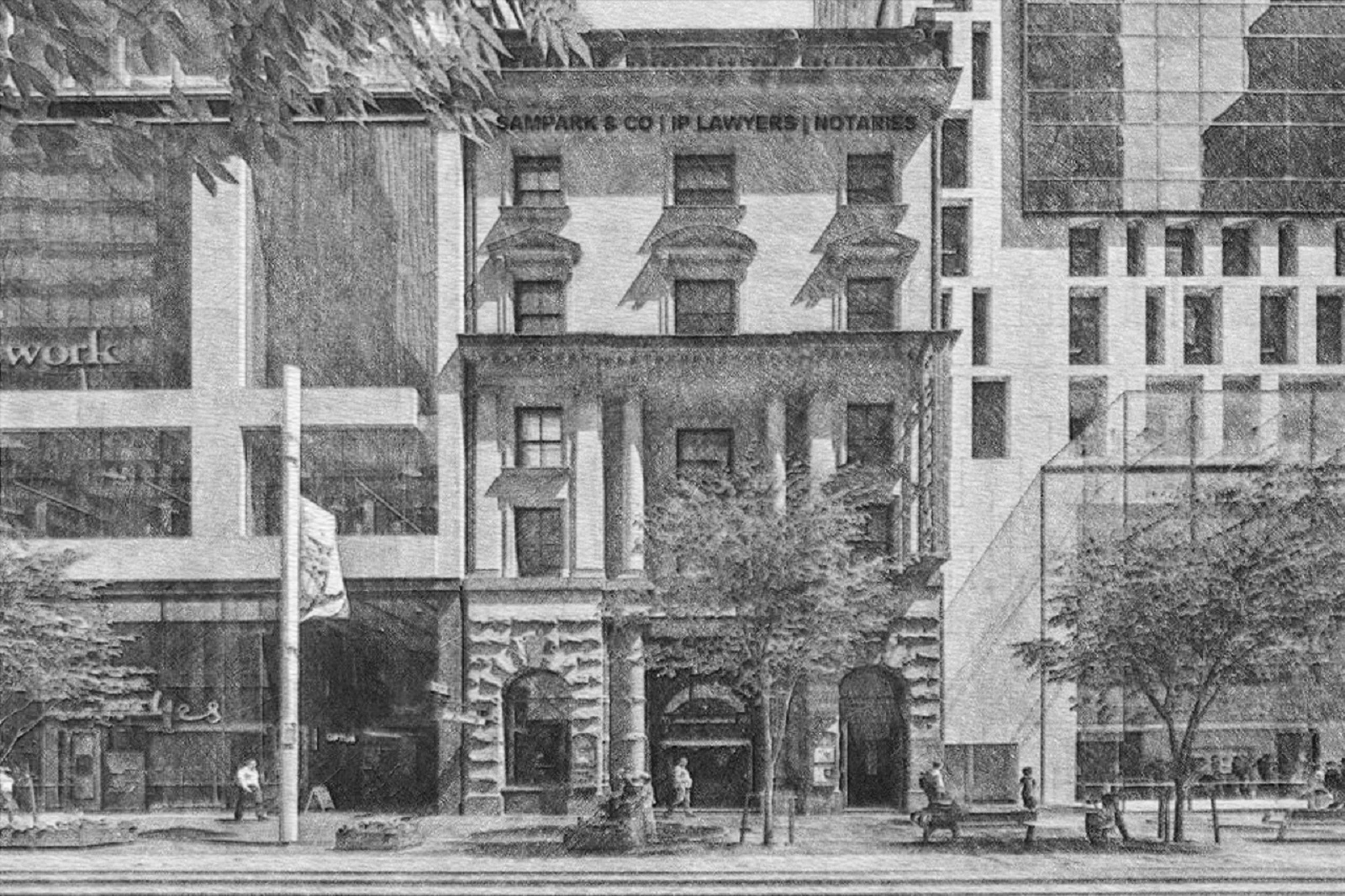King George Chambers 415/375 George Street Sydney
Between Apple & McDonalds
Sydney CBD Notary Public - SAMPARK & CO (since 2002)
Professional Notary, Apostille & Document Legalisation. Fast, clear, and compliant.
Visit our Sydney CBD office at King George Chambers, where SAMPARK & CO has operated since 1999 and our Sydney CBD Notary service operated since 2002. You may also use our Mobile Service, or meet us at Brighton Le Sands or Marrickville.
Choose your service pathway
- Self‑Service | You want the lowest fees and can book online.
- Urgent | You need immediate notary contact.
- Corporate Level Help | You prefer guided help from a notary.
Self-Service — Online Booking
Book online for the lowest fixed fees and clear requirements. Online bookings require 2.5 hours notice. If your matter is urgent choose the pathway.
1
Identify Services | Use the
Service Finder or browse services on the
Fees & Booking page.
2
Book | Select services on the
Fees & Booking page, review your booking, choose
an appointment, pay securely and upload documents.
3
Attend | Bring your documents. Most services finish at the appointment.
Optional Tools (if Needed)
Our Sydney CBD Chambers

